Middletown (Red Stitch)
'Middletown. Population: stable,' says the cop on patrol, addressing the audience. 'The main street is called Main Street. The side streets are named after trees ... Things are fairly predictable. People come, people go. Crying, by the way, in both directions.' Middletown. Muddletown. Everytown. The cop's monologue sets up the premise for this play. For the next few hours we will be immersed in the quotidian angst of Middletown's residents as they pursue lives of quiet desperation.
This is prime Will Eno territory. The American playwright, famously described as 'a Samuel Beckett for the Jon Stewart generation', enjoys skewering middle America with his mordant wit. Middletown, with its motley characters – the cheery librarian, the gloomy odd-job man, the resident alcoholic, the young mother-to-be who has just arrived – harks back to Thornton Wilder's Our Town (1938). Like Wilder, Eno eschews happy endings, preferring to strip away the cosy veneer of suburban life. Instead, he exposes the troubled souls behind the gleaming windows and swept porches in tidy streets. Outwardly, the cop brims with civic pride, but reveals a sinister, violent side when he assaults the harmless drunk for no obvious reason. Mary, the newbie, is expecting a baby but coping alone as her husband is frequently absent. Sometimes the characters disclose their fears in dialogue; sometimes (as in Wilder) they share their shattered personal histories in painful monologues.
Continue reading for only $10 per month. Subscribe and gain full access to Australian Book Review. Already a subscriber? Sign in. If you need assistance, feel free to contact us.



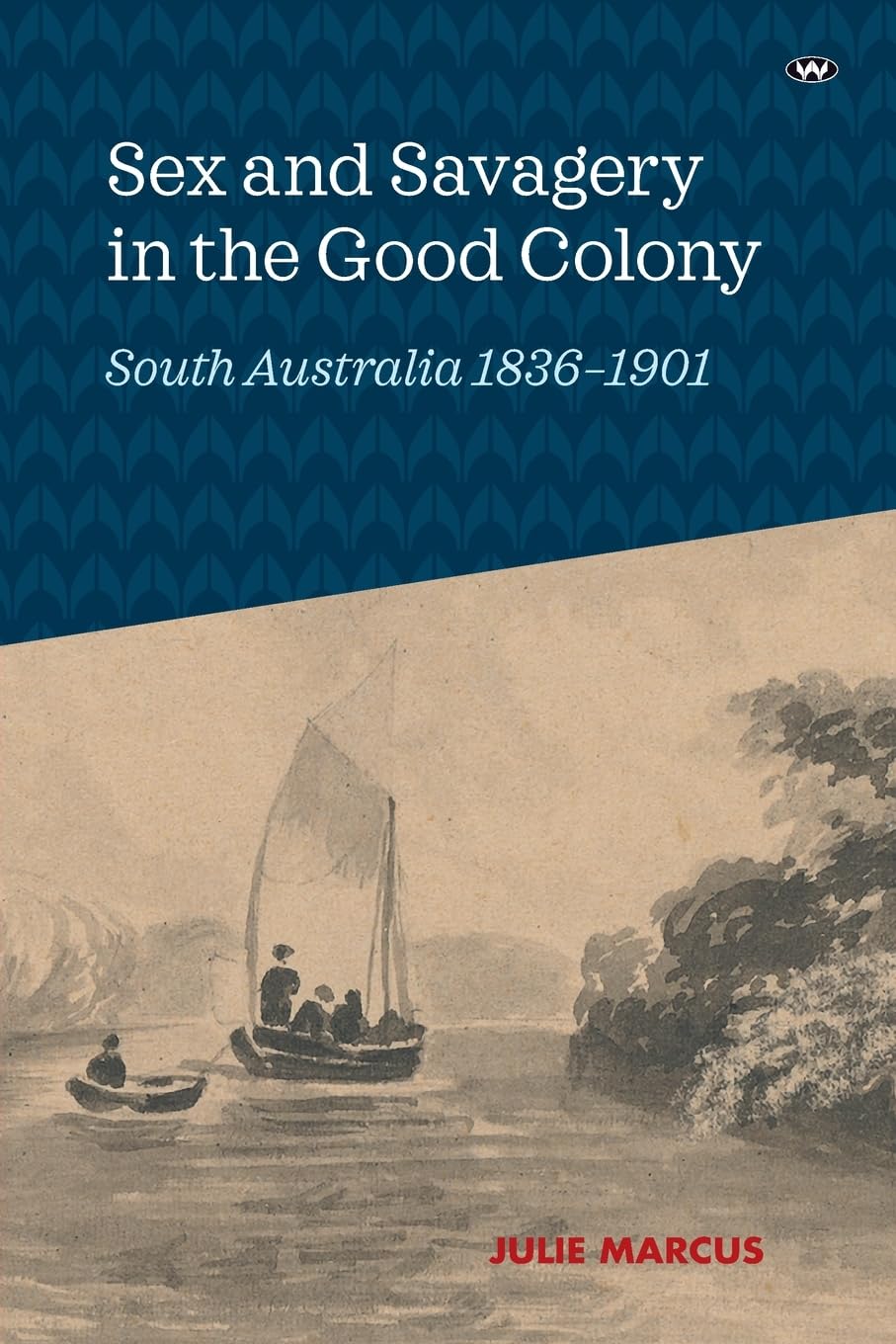


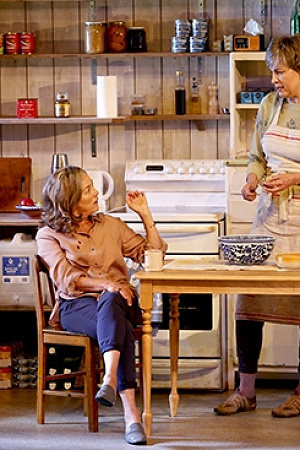
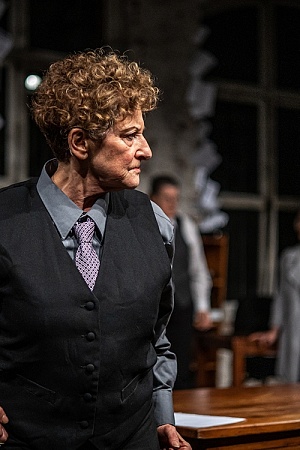
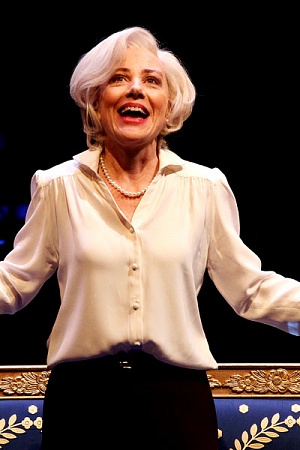
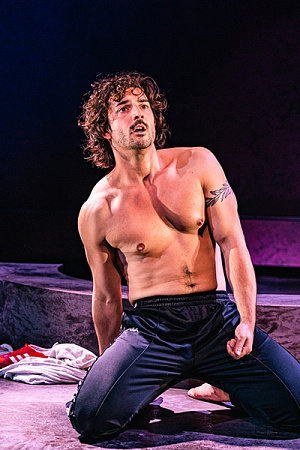
Leave a comment
If you are an ABR subscriber, you will need to sign in to post a comment.
If you have forgotten your sign in details, or if you receive an error message when trying to submit your comment, please email your comment (and the name of the article to which it relates) to ABR Comments. We will review your comment and, subject to approval, we will post it under your name.
Please note that all comments must be approved by ABR and comply with our Terms & Conditions.